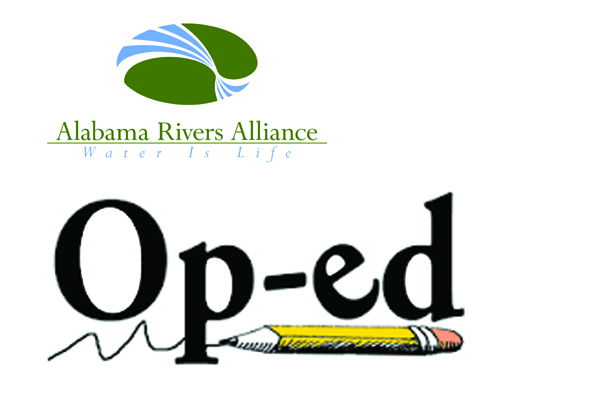What constitutes a crisis? by Cindy Lowry, executive director, Alabama Rivers Alliance
Click here to read this op-ed, originally published on al.com.
What constitutes a crisis? It seems to take a major crisis these days to garner attention for any number of important issues that are facing our nation. Be it gun sense, mental health, infrastructure needs, or drinking water, we don’t seem to be able to have a meaningful conversation until people die and, even that isn’t usually enough to breakthrough political gridlock to solve our problems. Waiting until there are lives lost to figure out what to do to create a safer, healthier, higher quality of life for all citizens is no way to govern.
There are people suffering all across the nation from poor health conditions, over burden of exposure to pollution, lack of basic needs, such as food and shelter, and from many other issues. These crises do no present themselves in the form of acute deaths. These are slow, chronic problems that are plaguing our communities and our nation and they are not uncontrollable acts of nature or God. They are situations created by the choices we make, the society we have all been a part of creating, and the laws we allow to be passed (or not enforced).
The recent drinking water crisis in North Alabama brings this crisis to the forefront. The Alabama Rivers Alliance partner Tennessee Riverkeeper, who is currently suing 3M for their alleged contamination of the Tennessee River, David Whiteside correctly stated in a recent news article: “If this had been a tornado that came through and knocked out the water supply of all these cities’ infrastructure for two or three weeks, then it would be a crisis”.
People are not dying immediately from this situation, nor will they if they drink the water, but instead there are now tens of thousands of Alabamians who must go to sleep at night knowing that they have been exposed to these harmful chemicals at levels that have been deemed hazardous to their health. What are we doing to ensure that we are investing adequate resources and time into preventing this kind of crisis in the future?
We cannot know everything that is one day going to be discovered or proven unhealthy. However, we can decide to invest in the research needed to understand the effects of all the chemicals and pollutants we are allowing into our water, air, and soils. We can decide to invest in vital water infrastructure now, to better treat and deliver clean water to our homes.
Since the 1970s when the Clean Water Act and the Safe Drinking Water Act were passed, we have understood that there must be limits on the pollution allowed to be dumped into our water. The Clean Water Act allows for pollution to be legally permitted and discharged into our waterways by industries, utilities, etc, but was developed to regulate the level of these pollutants so that they aren’t rising to the concentrations that would be unsafe to humans. The challenge is that we don’t always know what levels cause harm and that information is constantly emerging as we saw in the case of the PFOA’s and PFOS’s in North Alabama. Have we placed this kind of research high enough on the priority list to adequately protect human health?
In spite of the great successes of the Clean Water Act in cleaning up some of America’s dirtiest waterways, we still have a long way to go to meet the intent of the law. Industries are still allowed to dump large amounts of toxic chemicals into our waterways (Environment America’s Wasting our Waterways report).
Environmental organizations, like the Alabama Rivers Alliance, have been working for decades to educate people and elected officials about environmental laws, such as the Clean Water Act, and the need to ensure they are being implemented and enforced properly and adequately funded. This kind of advocacy largely goes unnoticed or gets chalked up as being “scare tactics by radical environmentalists”. The protection of our waterways is often overlooked by elected officials in the name of jobs and economic development.
On the heels of the crises in Flint, Michigan and North Alabama, we now know that we cannot sit by passively and assume someone is looking out for the health and safety of our water sources and water infrastructure. We must insist that these chronic problems, which are causing harm to our health, are indeed a crisis and deserve the attention of our local, state, and federal leaders.
While most utilities are doing a great job delivering clean, safe water to their customers, they can only protect us from what they already know. We must advocate for adequate investment in the studies needed to understand the health impacts of what’s being dumped into our waterways, as well as investment in adequate infrastructure. We must take an active role in staying informed and being engaged whenever a new permit for pollution is developed for the waterways in our communities. We must be in dialogue with our local water utilities and officials to know what they are doing to protect us and let them know what we see or smell that concerns us. We must vote for lawmakers that understand we can balance the needs of our economy with the needs of our public health and the environment.
Most importantly, we must recognize the role each of us has played in creating these crises and the crucial role we play in solving the problems. Here are three things each individual can do to help ensure that our water remains safe and that the people making decisions that impact our lives in such a vital way are informed and held accountable:
- Talk to your water utility and find out where your water comes from. Ask them what plans they have in place in case of an emergency, such as the one that happened in North Alabama.
- Get to know and support your local and statewide river protection organizations who are watchdogging your communities’ waterways. There are more than 60 local groups around Alabama keeping an eye on our water, as well as the statewide Alabama Rivers Alliance who can help connect you. Visit alabamarivers.org to find the one nearest to you.
- Talk to your elected officials at all levels and let them know you care about our water. Find out what their positions are on protecting our water resources and tell them that creating jobs should not mean sacrificing the health of our water.
It should not take people dying, either immediately or slowly, for us to create a society that values something as essential to life as our water. Planning for and investing in the future health of our water resources should be at the top of our list of priorities. Let’s stop taking it for granted and waiting for the next crisis to hit to make that shift. Let’s start the work to #DefendRivers today!


